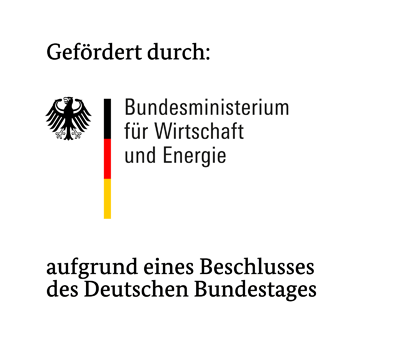Digitale Küste
Motivation
A holistic digitization of the maritime economy in Germany, towards a digital coast, has the potential to increase efficiency, reduce costs, and improve maritime security. Innovative technological solutions and concepts will make a significant contribution to environmental protection and thus support and accelerate the achievement of climate targets. Germany’s maritime industry makes an essential contribution to the country’s export balance, which is why it is indispensable to take cyber security into account in the digitization process. Furthermore, maritime trade worldwide is characterized by close networking of the various players, which requires both a geopolitical and a technological approach to digitization.
The digitization of the maritime economy will have a lasting effect on the work of industry, politics and research over the next ten years. A proactive and successful management of this change requires a definition of the mission statement “Sichere Digitale Küste 2030” (Secure Digital Coast 2030). Germany's “Digitale Küste” (Digital Coast) is an “Ocean of Things” – consisting of a highly automated and intelligently operating network of real-time technologies. The security, efficiency and effectiveness of maritime traffic, the environmentally compatible use of the seas and coasts, and the performance of the maritime transport, production and service sectors will be sustainably guaranteed.
Goal
The “Digitale Küste" project focuses on the application of the scenario technique, which is used to forecast the development of the maritime economy in the context of digitization. To this end, the input of important stakeholders from industry, politics and research is integrated into the process of scenario creation. In parallel, vision is being developed: "Secure Digital Coast 2030". This vision represents the ideal of Germany's digitized maritime industry.
Both the scenarios developed and the vision will be used to derive recommendations for action for industry, politics and research that will help to make digitization proactive and successful. Based on these recommendations, a Technology Roadmap will be developed, in which the results will be summarized. For industry and research, this Roadmap should lay the foundation for future digitization projects. Furthermore, the Roadmap will help political decision makers to identify future needs for research programs. In addition, the Roadmap will describe technologies that are particularly relevant and important for the success of digitization and its applications, explicitly taking cybersecurity into account.
Members of the consortium are the Fraunhofer Institute for Communication, Information Processing and Ergonomics (FKIE), the Helmut Schmidt University/University of the Bundeswehr Hamburg, and OFFIS.
The project is funded by the Federal Ministry of Economics and Energy (BMWi).
www.hsu-hh.de
www.fkie.fraunhofer.de


